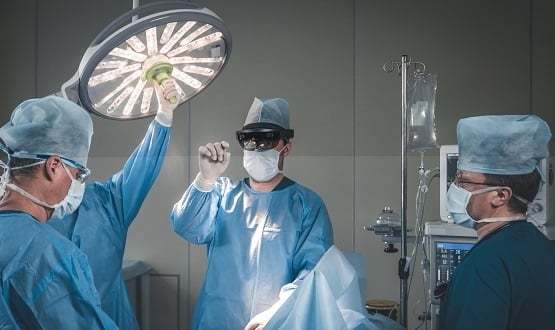Preventing errors in phone consultations
- 27 October 2005
A reminder to doctors to beware of the pitfalls of using the telephone to communicate with patients has come from researchers at Yale School of Medicine.
Using a case-based approach, the article in the Journal of General Internal Medicine, shows how errors in telephone communication can result in outcomes ranging from inconvenience and anxiety to compromises in patient safety.
The case vignettes discussed include:
- A patient who tested positive for hepatitis C but said very little when the doctor called to break the news. The doctor assumed the patient had taken the news well, but later came into the surgery in an anxious state and said he had not slept for weeks. It emerged that his children were in the room when the doctor called and he couldn’t speak freely. Discussing the case, the researchers say doctors should clarify with patients how results will be reported. They advise scheduling a follow-up appointment for tests that may have significant results. If results are to be reported over the telephone, doctors should ensure that patients can speak freely. The researchers caution that results should never be left with family members without the patient’s specific permission and should never be left on an answering machine.
- A night call from a patient who complained of back pain. The doctor quickly established the pain was an old problem and asked the patient if he could leave the consultation until the next morning. The patient agreed but later had a mild myocardial infarction. He had not had time to report his chest pain. The researchers urge doctors to consider the possibility of a hidden concern, especially during a late night call and to give patients time to explain their chief complaint. Asking: “Is there anything else you want me to know about?” can be used to uncover potentially important information.
Other cases deal with getting information from family members, dealing with a patient who is unintelligible, coping with requests for narcotics and talking to patients who are ill but need a surgery-hours appointment rather than an emergency visit or referral.
Referring to US data, the researchers say that although 25% of interactions between doctors and patients occur by telephone only 6% of residency training courses teach telephone medicine.
They say that doctors in practice and in training can benefit from a regular review of telephone cases, both for educational purposes and for making practice policies.
The article also discusses other forms of communication outside the face-to-face consultation. The researchers say: “Asynchronous communication using technologies such as e-mail, web-based communication, and telemedicine is becoming increasingly popular between physicians and patients. Some principles discussed here, such as how and when to notify patients of significant test results to ensure confidentiality and avoid excess stress, are relevant to e-mail and web-based communication, as are establishing standard practice policies for prescribing controlled medications outside the office visit.
“In other situations, what works on the phone may not fit into the framework of other non face-to-face technologies. With e-mail, for example, clues to a patient’s emotion that might be uncovered through careful listening are unavailable. The asynchronous nature of e-mail and web-based communication makes it difficult to follow the evolution of an acute illness over a short period of time.”
J Gen Intern Med. 2005;20(10):959-963. (Available on Medscape www.medscape.com. Free registration required).




